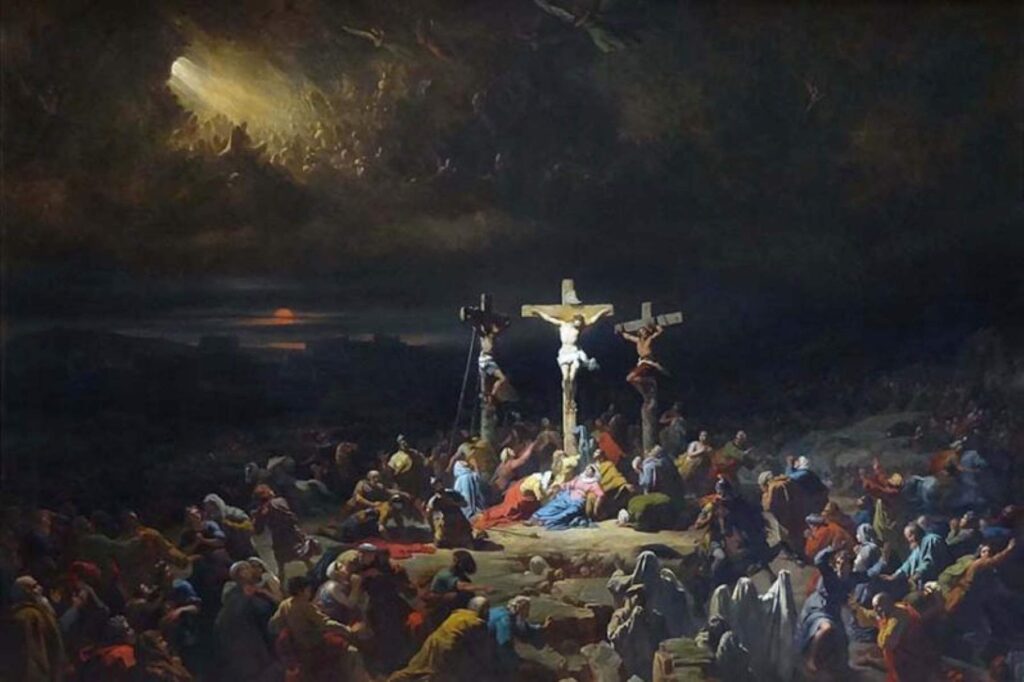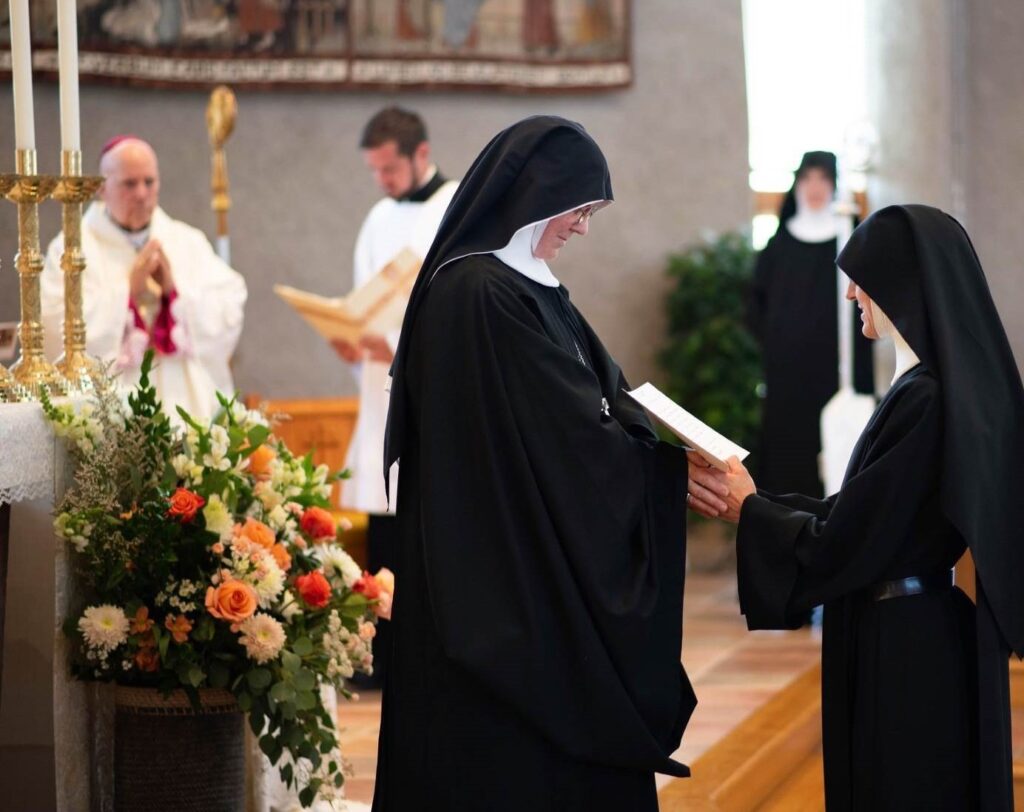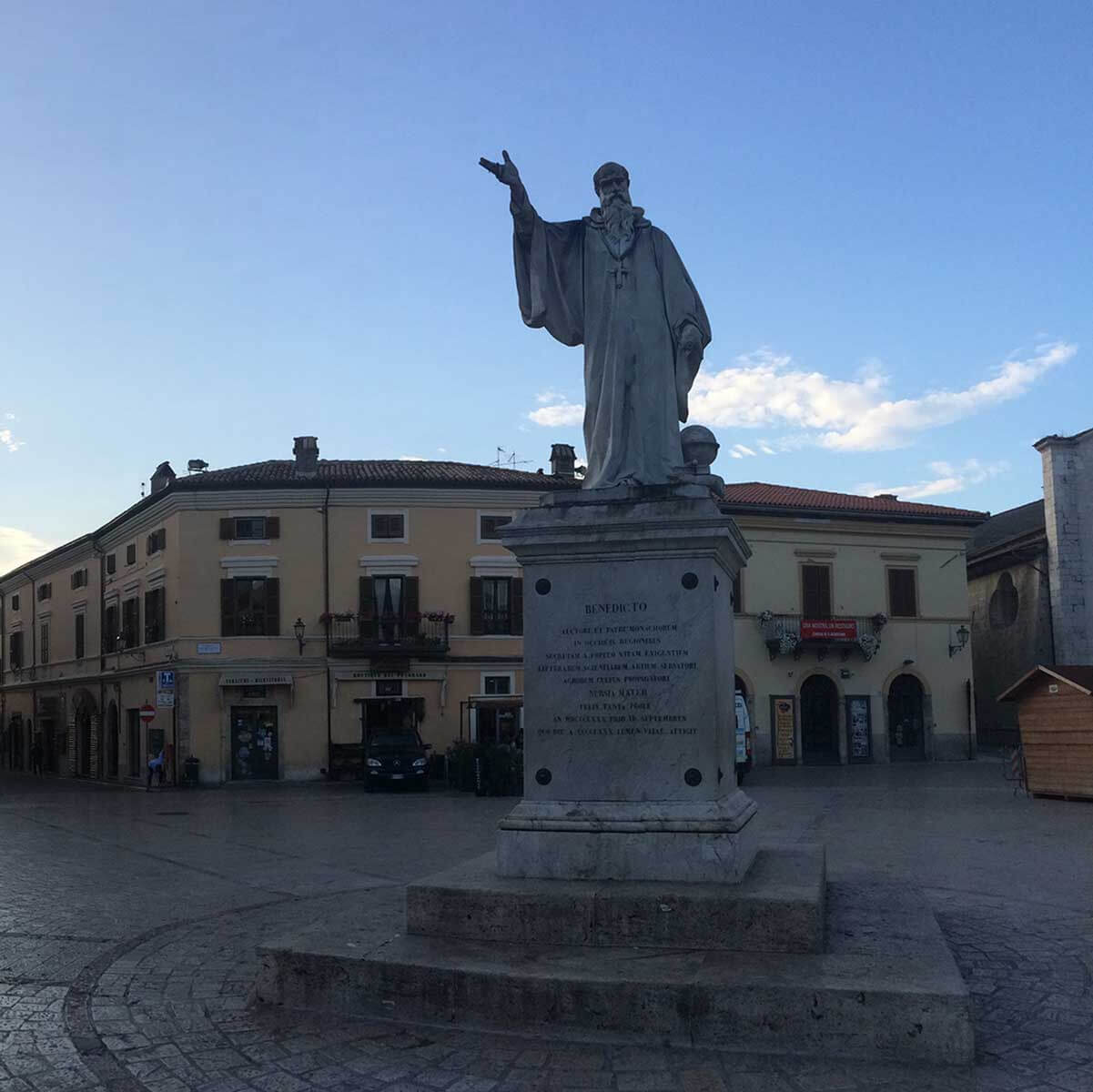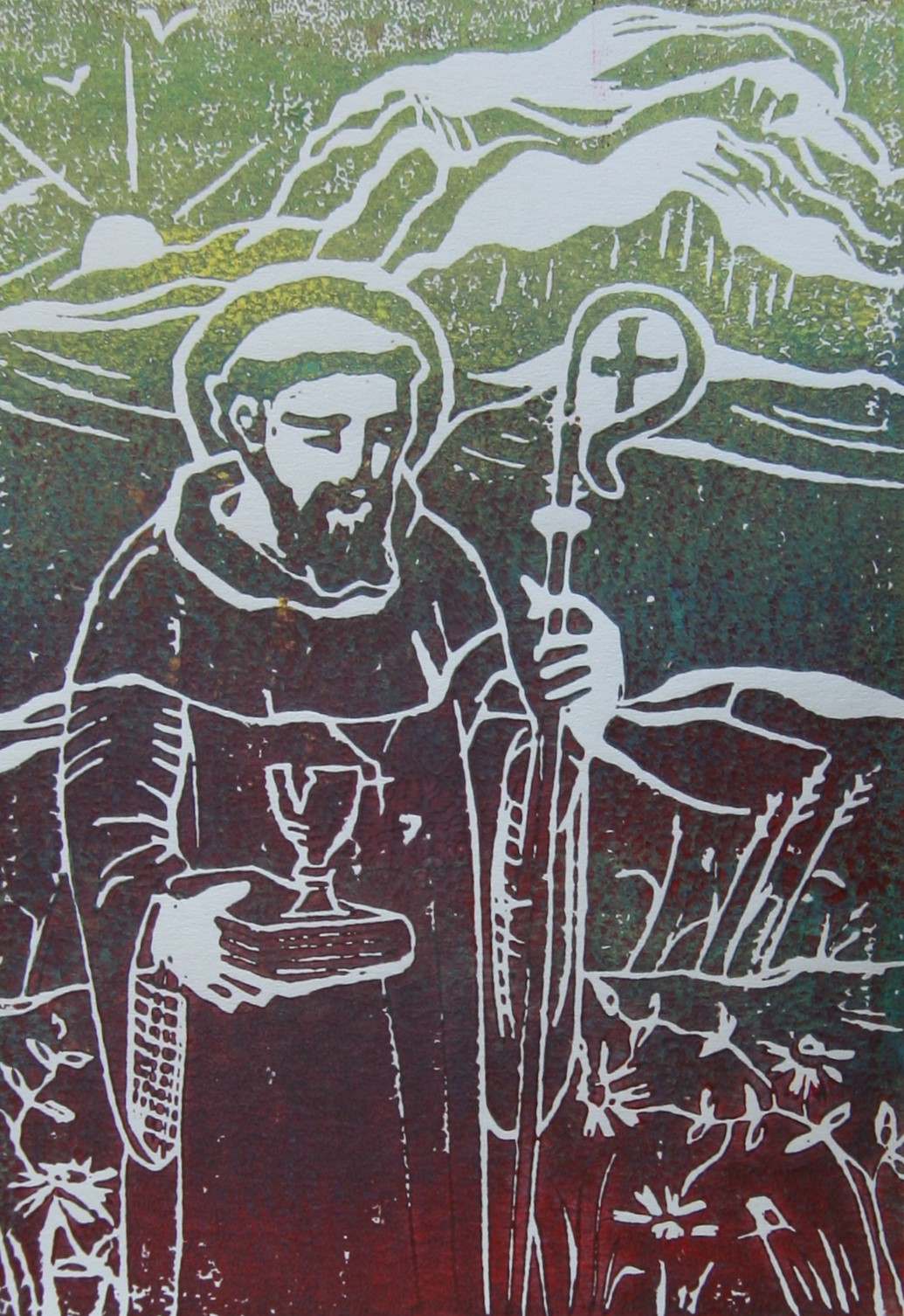A reflection by our Abbess, Mother Maria-Michael Newe, OSB

”The Last Sigh of Christ” by Julien-Michel Gue, 1840. Julien-Michel Gue, CC0, via Wikimedia Commons
Prayer is about listening to God, and obedience is about acting on what we hear. Obedience requires that we be free enough in sprit to do what God asks of us. We need to be free to do the will of God. When there is right relationship, right order, in our lives, obedience is simple – If we just do what we’re told (unless it is a sin!), we will become holy. Why do we sometimes try to make holiness harder than it has to be, by avoiding doing what we’re asked because we think there’s a better/holier way? It’s only when our relationship with God is out of order that obedience becomes a problem for us – when our self-will becomes more important than serving God and our neighbor. When we allow our inclinations that are not quite in order with God to take the first place, it puts a weight on us that makes obedience too heavy and hard to bear. We get irritable. We are unhappy. It is painful. But when our lives are brought back into proper relationship with God, and He can ask anything of us through obedience, then our peace is restored.
So the monastic vow of obedience is not a chain – it’s a ray of light. It shows us the way to God. It shows us the true path. It gives us the way through the eye of a needle. It allows us to practice every day what Christ did during His life on earth. He who said, “I came down from heaven not to do my own will but the will of the one who sent me” (John 6:38), and prayed before His death, “Father, if you are willing, take this cup away from me; still, not my will but yours be done” (Luke 22:42), and then finally became “obedient to death, even death on a cross” (Philippians 2:8), has gone before us to show us the way. You can give up all your possessions, your time, your talent…But if you do not give up your will, you have not yet completely surrendered your all to God. Try offering Him your will, and your will experience the fruit of His promise: “whoever loses his life for my sake will find it” (Matthew 10:39).

When we profess our vow of obedience, we place our hands between those of our Abbess





